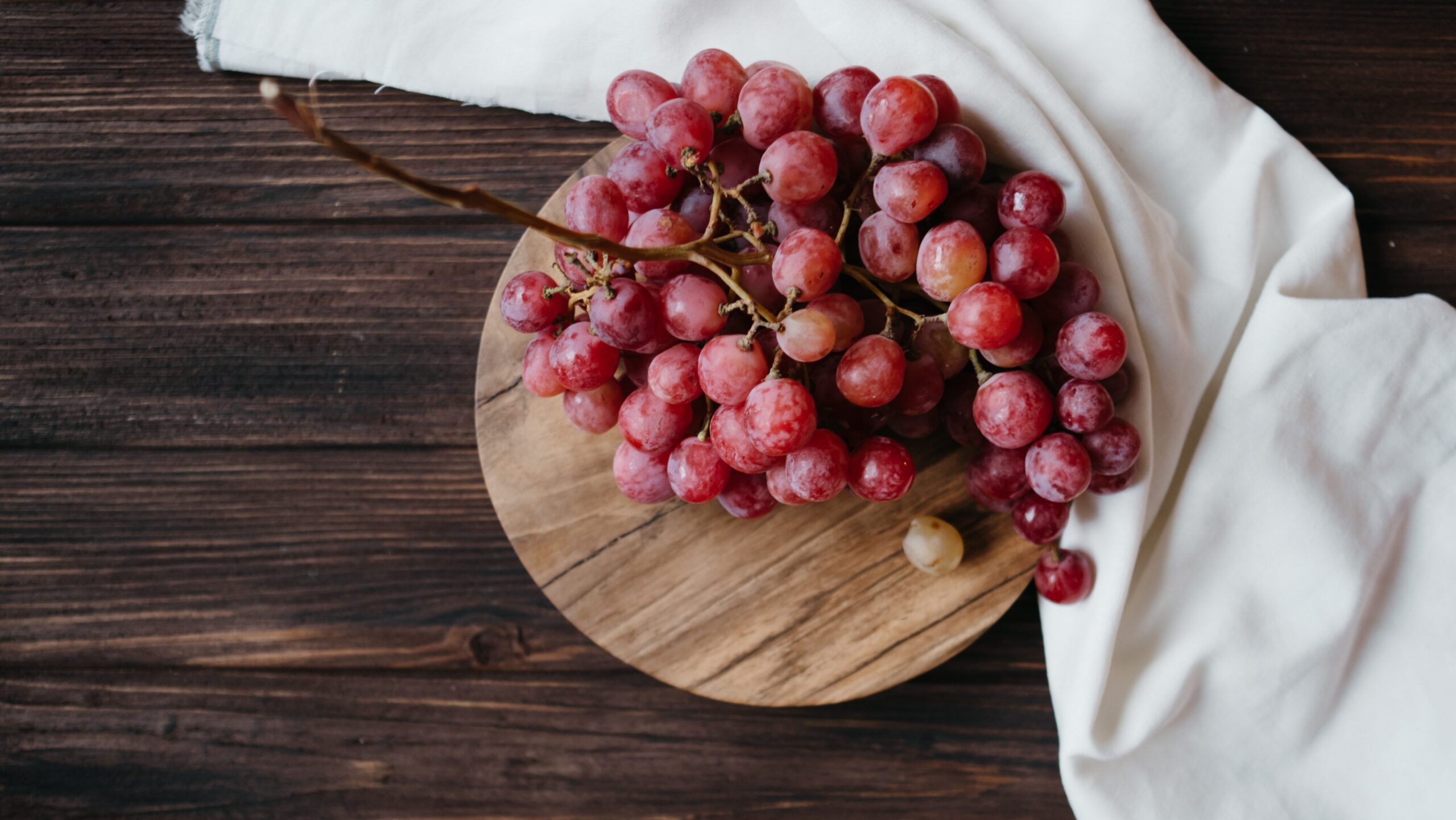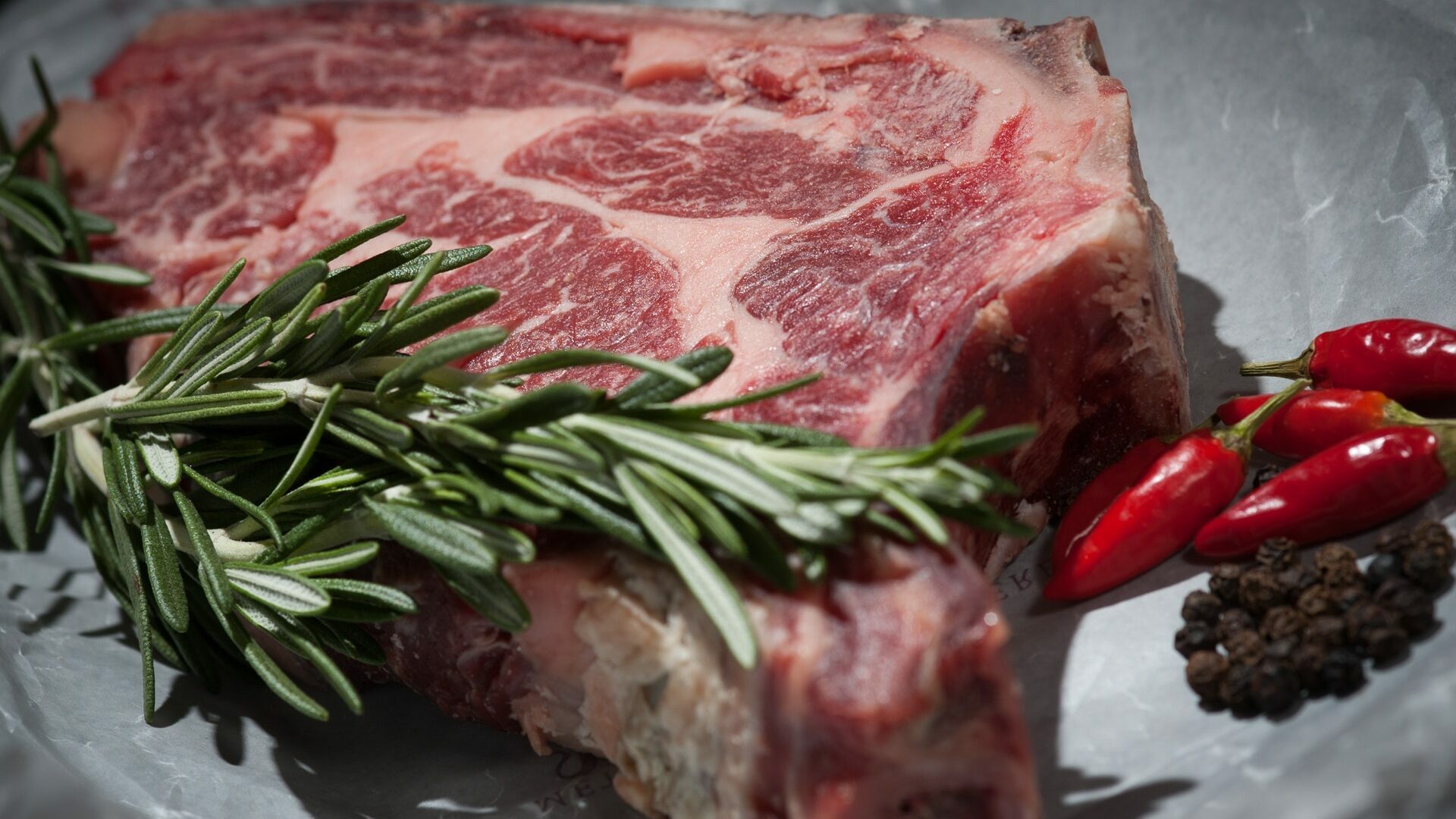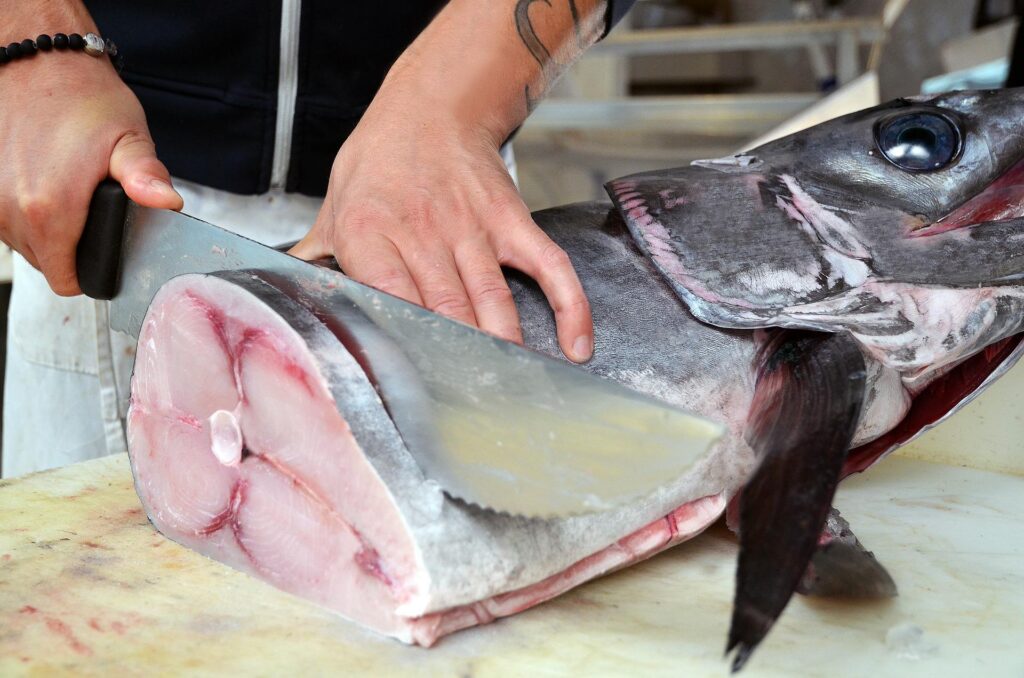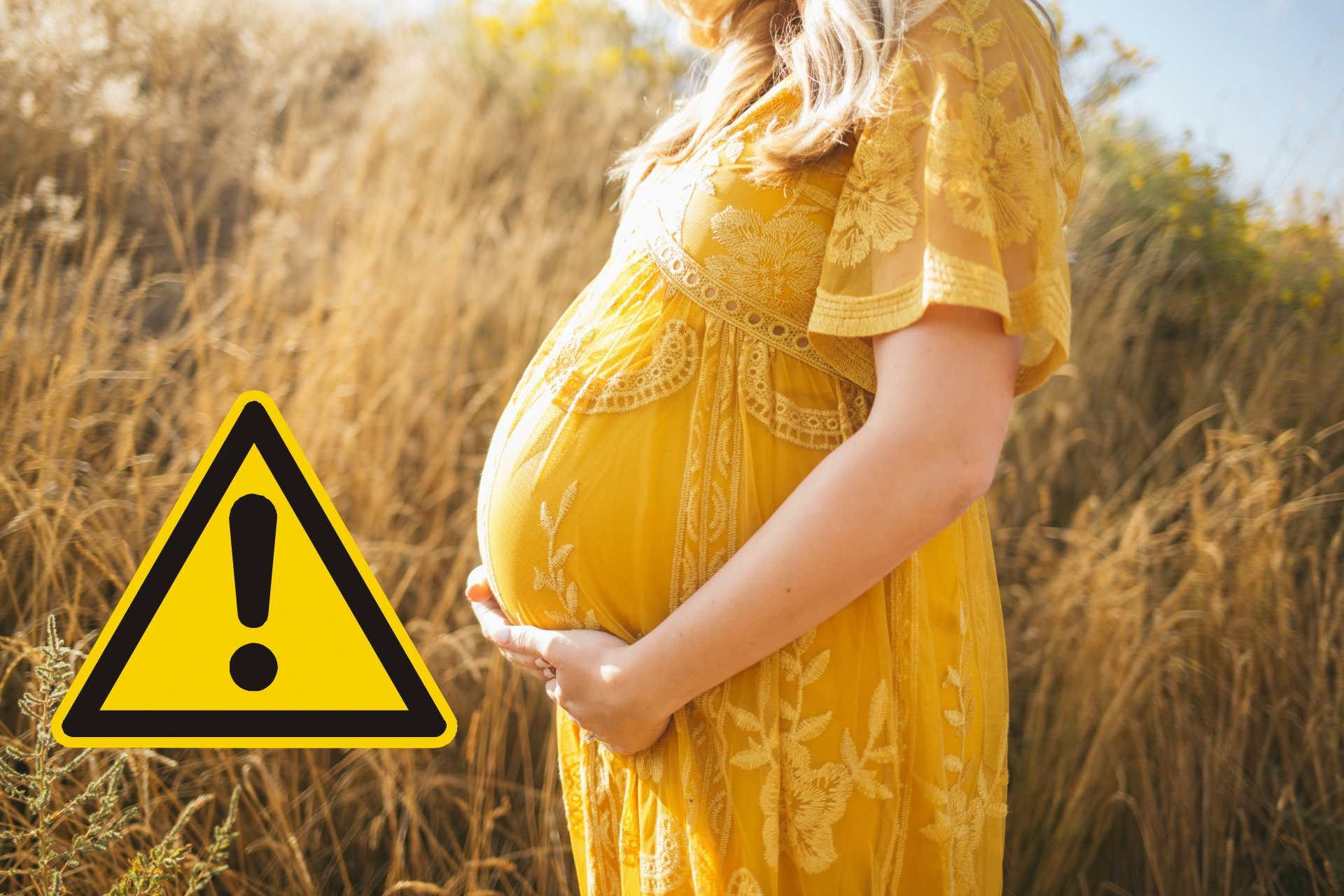This article will take you over 9 foods you should avoid in pregnancy to keep your baby healthy and make and avoid any complications.
During pregnancy, everything you eat has a big impact on your growing baby’s health. Some foods and even some forms of food poisoning may not damage you, but they may affect your child. Hence, it is crucial to know what effect those not-so-unhealthy foods may have on your baby.
To avoid food poisoning, avoid eating any food that has been left out of the refrigerator for longer than two hours (or more than one hour in hot weather).
Caffeine should be limited to 200 mg per day (one 12-ounce cup of coffee). And, as you are surely aware, avoid drinking while your child is developing inside you.
To be cautious, avoid these 9 foods in your pregnancy as well.
1. Papaya

Papaya can cause an abortion. As a result, consuming it during pregnancy is extremely harmful. Papain, a chemical component found in raw papaya, is responsible for uterine contractions. This substance severely limits fetal development.
Eating raw papaya in the early or late stages of pregnancy is strictly prohibited. Hence, it comes under our list of foods to avoid in pregnancy.
Also check these best foods you should take during pregnancy
2. Sesame Seeds

You’ll be surprised to learn that dry sesame seeds were formerly used as a remedy to induce abortion. Sesame seeds activate the uterine muscles, causing the fertilized ovum to be ejected.
According to experts, all pregnant women should avoid eating sesame seeds throughout the first three to four months of their pregnancy. They can eat raisins, almonds, groundnuts, walnuts, and other dry fruit nuts.
3. Raw Eggs

Salmonella bacteria can be present in raw eggs. Salmonella infections cause symptoms such as fever, nausea, vomiting, stomach cramps, and diarrhea.
In rare situations, the infection may induce uterine cramping, resulting in preterm delivery or stillbirth.
Most commercial raw egg products are manufactured with pasteurized eggs and are safe to ingest. However, always read the label to be certain.
To be on the safe side, always thoroughly boil eggs or use pasteurized eggs. Save the very runny yolks and homemade mayo for once the baby arrives.
4. Raw sprouts

Your healthy salad option may also contain erroneous elements. Salmonella can be found in raw sprouts such as alfalfa, clover, radish, and mung bean sprouts.
The humid climate necessary for seeds to sprout is optimal for these bacteria, and they are nearly hard to wash away.
As a result, you should avoid eating raw sprouts entirely. Sprouts, on the other hand, are okay to eat after being cooked, according to the FDA.
5. Unpasteurized Milk and Its Products

Before consuming milk, it should always be boiled. As unpasteurized milk is another food among foods to avoid during pregnancy.
Boiled milk destroys all bacteria and protects you from illnesses and microbial infections, which may be highly hazardous to the baby’s growth.
Milk is essential during pregnancy because it offers sustenance and strength to both the growing baby and the mother.
6. Grapes

A pregnant woman should avoid touching grapes, especially in the last stages of conception. Do you understand why? Grapes may quickly raise body temperature, and increased body temperature might lead to unwelcome complications.
Resveratrol is a chemical found in grapes that can cause a variety of problems in pregnant women, including hormonal instability. Grape overdosage can also produce a variety of digestive ailments that are harmful to your healthy infant.
7. Raw Meat

Uncooked shellfish and rare or undercooked meat or chicken should be avoided during pregnancy due to the danger of coliform bacteria, toxoplasmosis, and salmonella exposure. At home, the temperature should be at least 145 degrees Fahrenheit for entire cuts, and 160 degrees Fahrenheit for ground meats like
hamburgers, and 165 degrees Fahrenheit for chicken breasts.
8. Deli Meat

Deli meats refer to cooked meats that have been sliced and prepared for a sandwich and other light dining options. Deli meats have been linked to listeria contamination, which can lead to miscarriage. Listeria has the capacity to penetrate the placenta and harm the newborn, resulting in infection or blood poisoning that can be fatal. If you are pregnant and want to consume deli meats, be sure you reheat the meat until it is steaming.
9. Fish With Mercury

Fish with high mercury levels should be avoided. Pregnancy-related mercury consumption has been linked to developmental delays and brain impairment. Sharks, swordfish, king mackerel, and tilefish are examples of these fish. Canned, chunk light tuna has less mercury than regular tuna, but it should still be consumed in moderation. Because their testing equipment assures that each can of tuna is as clean as wild salmon or wild sardines, the American Pregnancy Association recommends Safe Catch Tuna safe-catch-tuna-cutting-board-meal | American Pregnancy Association.
In Conclusion
When you’re pregnant, it’s critical to avoid foods and beverages that might harm you or your baby.
Although most foods and drinks are entirely healthy to consume, some should be avoided, such as raw fish, unpasteurized dairy, alcohol, and high mercury seafood.
Furthermore, some meals and beverages, including coffee and foods rich in added sugar, should be avoided in order to support a healthy pregnancy.

